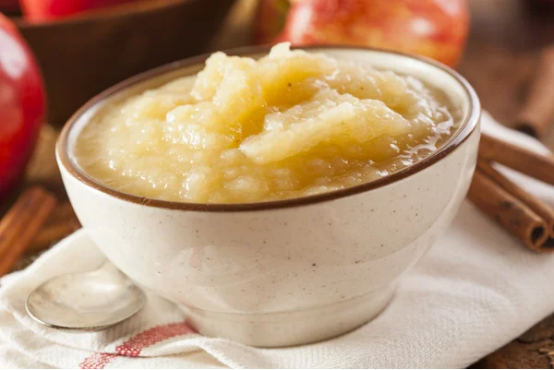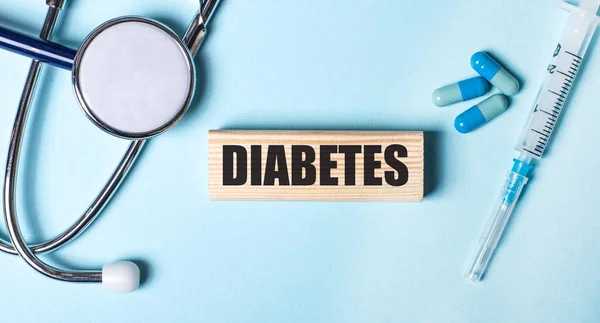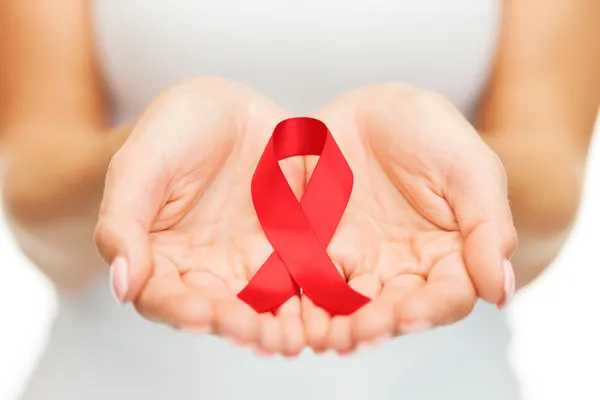Colitis Flare-Up? Here’s What to Eat for Comfort and Healing
A colitis flare-up can bring discomfort and disruption to daily life, as inflammation in the colon causes symptoms like diarrhea, abdominal pain, and bloating.
A colitis flare-up can bring discomfort and disruption to daily life, as inflammation in the colon causes symptoms like diarrhea, abdominal pain, and bloating.
Whether you have ulcerative colitis (UC) or Crohn’s disease, managing flare-ups through diet can be a key component in minimizing symptoms, reducing inflammation, and promoting healing. While food alone can't cure colitis, the right choices can certainly provide relief and aid in the healing process during a flare-up.

Understanding Colitis Flare-Ups
Colitis flare-ups occur when inflammation in the colon becomes more pronounced, leading to symptoms such as:
- Diarrhea(sometimes with blood or mucus)
- Abdominal crampingor discomfort
- Bloating
- Fatigue
- Loss of appetite
During a flare-up, it's important to focus on foods that are easy on the digestive system, reduce inflammation, and provide nutrients to support overall health. Nutritional needs can vary based on the severity of the flare-up, but the goal is always to minimize irritation and inflammation while maintaining energy levels and promoting healing.
Foods to Eat During a Colitis Flare-Up
1. Low-Fiber Foods (Easily Digestible)
During a flare-up, high-fiber foods can irritate the gut and worsen symptoms like diarrhea and cramping. Instead, opt for low-fiber foods that are easier to digest. These foods tend to be gentler on the stomach and intestines.
- White rice: A bland, easily digestible carb that can help firm up stools during diarrhea.
- Refined pasta: Choose white pasta instead of whole wheat or high-fiber varieties.
- Plain crackersor toast: Simple and easy on the stomach. Whole grain crackers should be avoided due to their higher fiber content.
- Boiled or steamed potatoes(without skins): Soft, non-irritating, and easily digested. Avoid fried or heavily seasoned preparations.
- Applesauce: Low in fiber and gentle on the stomach while providing some sweetness.
2. Cooked Vegetables (Without Skins or Seeds)
Raw vegetables can be harsh on the digestive tract during a flare-up, but well-cooked vegetables can offer essential vitamins and minerals without exacerbating inflammation. Choose vegetables that are low in fiber and easy to digest.
- Carrots(cooked)
- Zucchini(peeled and cooked)
- Squash(peeled and cooked)
- Pumpkin(cooked)
- Spinach(cooked)
Avoid raw vegetables, cruciferous vegetables like broccoli and cauliflower, and high-fiber veggies like corn, as these can irritate the digestive system.
3. Lean Proteins
Protein is essential for healing and maintaining muscle mass, but fatty cuts of meat can be difficult to digest and may exacerbate symptoms. Instead, opt for lean proteins that are easy on the stomach.
- Skinless chicken or turkey: Grilled, baked, or boiled without heavy seasoning or sauces.
- Fish: Fatty fish like salmon can provide omega-3 fatty acids, which may help reduce inflammation.
- Eggs: Scrambled, boiled, or poached eggs are a gentle source of protein.
- Tofu: A gentle, plant-based protein that can be easier to digest than beans or legumes.
4. Bone Broth and Soups
Bone broth is highly nourishing, rich in collagen, and can help heal the gut lining. It is also hydrating and easy to digest. Clear broths without added fats or heavy seasonings are excellent options during a flare-up.
- Homemade bone broth(without additives or preservatives) made from chicken or beef can soothe the digestive system and provide necessary electrolytes and hydration.
- Broth-based soups: Look for simple, clear soups made with lean protein, cooked vegetables, and low-sodium broth. Avoid soups with heavy cream or spicy seasonings.
5. Oatmeal and Porridge
Oats are a low-fiber, soothing food that is easy to digest. They also provide soluble fiber, which can help absorb excess water in the intestines and reduce diarrhea. Make sure the oatmeal is cooked thoroughly and not made with dairy if you're sensitive to lactose.
- Oatmeal: Prepare with water or a non-dairy milk like almond or rice milk.
- Rice porridge: Similar to oatmeal, but made with rice, it can be a comforting and easy-to-digest meal.
6. Bananas
Bananas are gentle on the stomach and provide essential nutrients like potassium, which can help replenish electrolytes lost through diarrhea. They are also a good source of soluble fiber, which can help firm up stools.
- Ripe bananas: Avoid under-ripe bananas, as they contain more resistant starch, which can be harder to digest.
7. Probiotic-Rich Foods (When Tolerated)
Probiotics are beneficial bacteria that can help maintain a healthy balance in the gut. They may help regulate bowel movements and improve digestion. If tolerated during a flare-up, certain probiotic-rich foods can be helpful.
- Plain, unsweetened yogurt(if tolerated): Contains live probiotics that may help soothe the gut.
- Kefir: A fermented milk drink that is rich in probiotics. Choose a low-lactose version if you're sensitive to dairy.
- Note: Some people with colitis may have a sensitivity to dairy, so it's important to listen to your body and eliminate it if needed.
8. Hydration
During a flare-up, diarrhea and abdominal discomfort can lead to dehydration. Ensuring adequate fluid intake is essential for maintaining hydration and supporting digestion.
- Water: Drink plenty of water throughout the day, especially if you're experiencing diarrhea.
- Herbal teas: Ginger tea, chamomile tea, and peppermint tea can be soothing to the digestive tract.
- Electrolyte drinks: Low-sugar, electrolyte-rich drinks can help replenish lost electrolytes, but avoid sugary sports drinks.
Foods to Avoid During a Colitis Flare-Up
While certain foods can help soothe a flare-up, others can worsen symptoms and should be avoided. These include:
- High-Fiber Foods: Raw vegetables, whole grains, seeds, and nuts can be difficult to digest and may exacerbate symptoms.
- Spicy Foods: Spices such as chili powder, curry, and hot peppers can irritate the digestive system.
- Fried Foods: High-fat, greasy foods can trigger diarrhea and make symptoms worse.
- Dairy (for some individuals): Dairy can be hard to digest for many people with colitis, leading to bloating, diarrhea, and gas. If you're lactose intolerant, avoid milk, cheese, and cream.
- Caffeinated Drinks: Caffeine can irritate the intestines and may increase diarrhea or cramping.
- Artificial Sweeteners: Sorbitol, mannitol, and other sugar alcohols can cause bloating and diarrhea.
General Dietary Tips for Managing Colitis
- Small, frequent meals: Eating smaller meals more often throughout the day can reduce the burden on your digestive system.
- Eat slowly and chew thoroughly: This can help with digestion and prevent overloading the intestines.
- Limit alcohol and tobacco: Both can irritate the digestive tract and make symptoms worse.
- Track your food: Keeping a food diary can help identify any individual foods that may be triggers during a flare-up.
Conclusion
Managing a colitis flare-up requires a combination of careful food choices and lifestyle adjustments. While no single food can cure colitis, choosing easily digestible, anti-inflammatory foods and avoiding triggers can go a long way in providing relief. Remember to stay hydrated, incorporate soothing foods like bone broth, oatmeal, and bananas, and listen to your body’s needs. If symptoms persist or worsen, it's always important to consult with a healthcare provider or a dietitian who specializes in digestive health to ensure you're managing your condition effectively.








